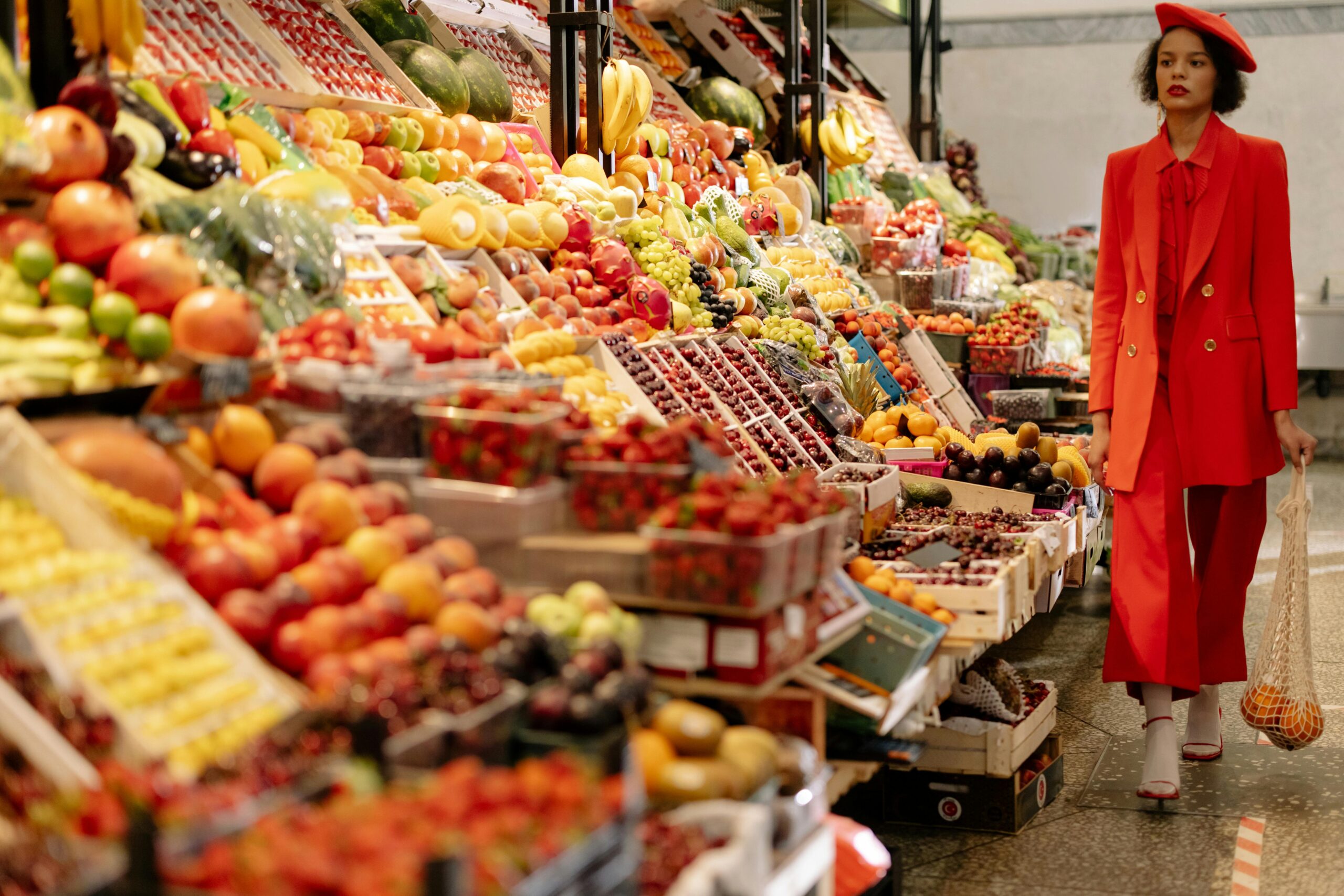Sustainability in the CPG industry through hyper-targeted digital sampling

From overproduction to single-use packaging, sustainability in the CPG industry is an issue. The traditional value chain is a major contributor to global waste, and as consumers become increasingly aware of a brand’s environmental footprint, these issues have become more than a public relations concern. They’re now a business imperative to improve, particularly for eco-conscious brands, where sustainability is a prerequisite in earning consumer trust.
While the consumer’s desire around sustainability is growing, cynicism towards brand claims is also rising. According to a study by Smurfit Kappa, just 20% of consumers trust a brand’s sustainability claims, highlighting widespread skepticism and claims of greenwashing. As a result, this disconnect presents brands with a significant challenge: how do they prove a commitment to sustainability in the CPG industry through actions, not just words?
Waste not, want not. The eco-conscious brand's approach to digital sampling
Traditional product sampling is an inefficient process, and the antithesis to sustainability in the CPG industry. It involves mass production, untargeted distribution, and often, a high volume of unrequested samples that end up in landfills. For eco-conscious brands, an intentional shift to precision-based digital sampling has improved their commitment to sustainability.
Digital product sampling offers a tangible solution to the CPG waste problem. By leveraging SoPost technology, brands can now move from a broad, untargeted campaign to precise opt-in models, ensuring that every single sample sent is wanted. This reduces waste from unwanted products and excess marketing materials, massively improving sustainability in the CPG industry. Let’s explore how:
The traditional sampling model relies on giving samples to a wide audience
Many of whom may be entirely disinterested in the product, creating massive amounts of unnecessary waste. A digital sampling campaign, which requires active opt-ins, eliminates the inefficiency of traditional sampling. This ensures that every resource - from the product itself to its packaging - is used purposefully.
By consolidating shipments and using smarter delivery models, brands can significantly reduce the carbon footprint associated with their sampling efforts.
According to Globalpraxis, supply chain optimization is a key strategy for improving sustainability in the CPG industry. Digital sampling is a fundamental part of that optimization, helping companies in reducing their environmental impact.
Building brand trust through tangible actions
For eco-conscious brands, building consumer trust requires a commitment that allows brands to prove values through actions. A sustainable sampling strategy enables companies to do this effectively and efficiently.
By using sustainable, digital sampling methods, brands can prove commitment through actions, rather than marketing claims. As a recent report found, 70% of consumers now choose products based on the sustainability of the packaging. Digital sampling allows brands to test sustainable packaging solutions in a controlled way, ensuring they meet consumer expectations before a full-scale launch, for example.
Moreover, the digital approach to sustainable sampling campaigns allows brands to engage with consumers directly post-trial. Follow-up surveys can gather valuable feedback on packaging, material preferences and even provide a call to action to recycle a sample. This two-way dialogue turns a sample recipient into a brand partner in sustainability in the CPG industry. This is crucial for building loyalty. After all, brands that are perceived to be sustainable see a direct increase in brand valuation and a stronger connection with consumers.
Eco-conscious brands & the approach to sustainability in the CPG industry
Insights generated from digital sampling campaigns are invaluable for product innovation. Brands can gather feedback on a product’s performance, while gauging consumer sentiment on sustainable features. This allows for a more agile and responsible approach to product development, ensuring that innovation is focused on responsible product improvements.
SoPost helps brands bypass the limitations of traditional research and build a direct, ongoing dialogue with consumers. This reduces waste, increases efficiency and positions CPG brands as true market leaders that listen, adapt and innovate for consumers.
Sustainability in the CPG industry is an imperative, and brands must focus on marketing initiatives that demonstrate their commitment through every action. By reimagining product sampling as a strategic tool for waste reduction and consumer engagement, brands will reduce their environmental impact, while building trust and consumer loyalty for years to come.
Our latest ebook, The ROI of a product sample: how data driven sampling is transforming CPG is helping brands understand the value of digital sampling, and how sustainability in the CPG industry can be achieved through hyper-targeted digital sampling. Access your free copy today: